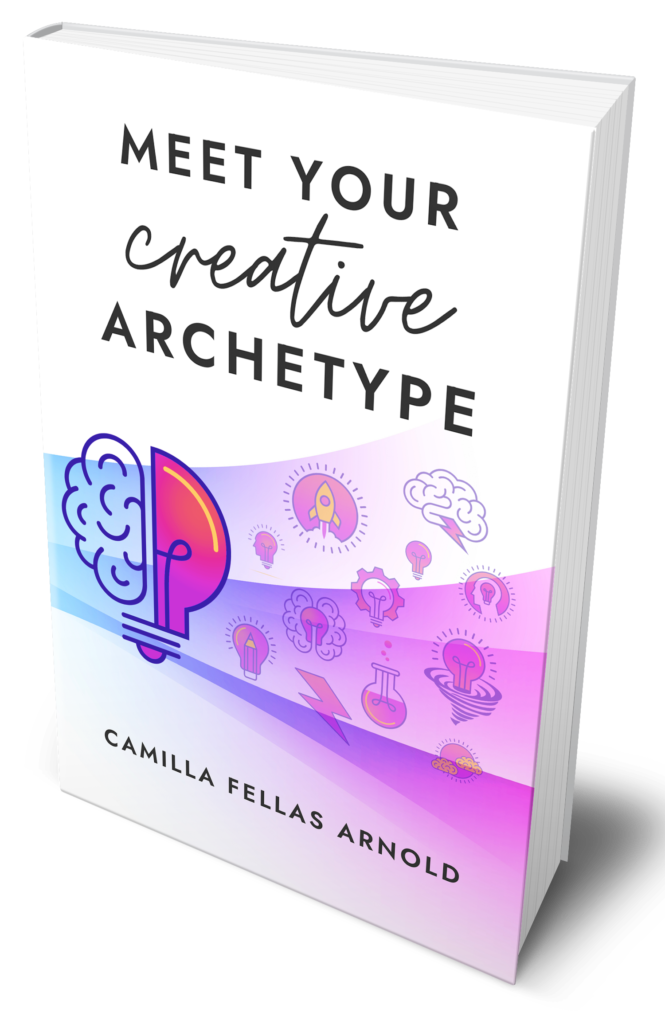Your results are below and you’ll also be receiving an email with a PDF of your results.
The email is filled with information to help you understand your archetype and some great tips that you can act on right now to support you in working with your archetype.

Who Is The Scribe Archetype?
The scribe as an archetype is primarily a collector. Similar to the storyteller archetype in that the scribe collects and writes stories, but more than that, the scribe archetype loves to collect snippets of life. For this archetype, their chosen medium is primarily the written word but they may use other formats to tell their stories such as through photographs, imagery or collected items. This archetype weaves its words into not only books but in copywriting, tv and film scripting, blogging, journalism and other written outlets as their pair their innate talent for words with their vivid imagination.
The key to understanding this archetype is that their hyperfocus is the desire to tell the stories of others as they lack confidence in sharing their own. Highly observant, they provide commentary on life as they see it but often are reluctant to share details of their own lives. Hence, they are more of the biographer rather than the autobiographer, often choosing to live vicariously through their characters or latching onto historical stories that speak of their own soul.
Taking everything to heart, scribes will have an extended vocabulary, conjuring up worlds that seemingly come to life and lift off the page but are incredibly sensitive to criticism. A single negative review could potentially crumble their whole world if they are already feeling insecure. To combat this they often can be witty, humorous, sarcastic and vicious with their words if they so choose to deflect attention from their hurt feelings. Embellishment and half-truths are another way this archetype hides not only themselves but their feelings from the world.
Time to think is massively important to this archetype as they process and reflect on how they see the world. Without adequate ‘thinking time’ in their days they can potentially become irritable and stressed as this creates a stall in their creative process.
This archetype has an incredible memory and imagination and finds it easy to create links between abstract ideas and finds commonalities and patterns with ease. They can spend inordinate amounts of time collecting knowledge, information and ephemera without entirely knowing what or why until they collate them into an order that fits the narrative they want to share with the world.
Supporting The Scribe Archetype
The scribe will want to hide behind the stories of others so it is important to give them encouragement, reassurance, time, space and safety to come out from behind the curtain and tell their own story if they choose to do so. Words hold deeper meaning for this archetype so be mindful with feedback ensuring it is not only honest and constructive but uplifting as negative feedback can feel like a personal rejection to the scribe.
Highly reflective, scribes want to feel heard and understood. They thrive on deep connections and in-to-me-see (intimacy) with others so giving them your full attention is appreciated beyond measure. With a tendency to build their self-image on the feedback of others, scribes will benefit from positive reinforcement and encouragement to build up their own sense of self-worth and value.
Actions To Support The Scribe Archetype
Collating feedback and testimonials into scrapbooks to look over when feeling insecure
Build a reflective journaling practice to help process emotions
Meditate daily to support the thinking/reflecting process in the scribe’s mind
Supporting The Scribe Archetype
If you want to find out more about supporting your creative work with this archetype, you can purchase the Meet Your Creative Archetypes book where we deep dive into what really makes your creative archetype tick. Find out how to unleash your true creative power and embrace your archetype’s natural genius.
You’ll learn how to break free from the shadow of the archetype that may have controlled the way your creativity manifests in the world and how to transform and transmute it to awaken a new level of flow for yourself.
You’ll find actionable tips to help you move towards your potential and unlock a magnetic version of yourself that will ignite your passions and help you achieve the creative success that you desire.

